
Safaga: Egypt's Hidden Seaside Gem
Nestled on the shores of the Red Sea, Safaga is a charming coastal town in Egypt that offers a unique blend of natural beauty and cultural heritage. Known for its serene beaches and crystal-clear waters, this destination is perfect for those seeking a peaceful retreat away from the bustling cities. The town's laid-back ambiance and friendly locals make it an ideal spot for relaxation and rejuvenation. Safaga is famous for its world-class diving and snorkeling sites. The Red Sea's vibrant coral reefs and diverse marine life attract underwater enthusiasts from around the globe. Whether you are a seasoned diver or a beginner, the local dive centers offer various courses and excursions to suit your needs. Don't miss the chance to explore the Sunken City, a fascinating underwater archaeological site that dates back to ancient times. Aside from water activities, Safaga also boasts therapeutic properties thanks to its mineral-rich black sand and warm waters. Many visitors come here to experience the healing benefits of the natural hot springs and mud baths. The town is also a gateway to the Eastern Desert, where you can embark on exciting desert safaris and camel treks. Immerse yourself in the local culture by visiting the traditional markets, where you can find handmade crafts, spices, and souvenirs to take home.
Local tips in Safaga
- Visit during the cooler months from October to April to enjoy pleasant weather.
- Bring your own snorkeling gear to explore the coral reefs at your leisure.
- Don't forget to try the local seafood, which is fresh and delicious.
- Hire a local guide for a desert safari to learn about the area's history and geology.
- Stay hydrated and wear sunscreen, as the sun can be quite strong even in cooler months.
Safaga: Egypt's Hidden Seaside Gem
Nestled on the shores of the Red Sea, Safaga is a charming coastal town in Egypt that offers a unique blend of natural beauty and cultural heritage. Known for its serene beaches and crystal-clear waters, this destination is perfect for those seeking a peaceful retreat away from the bustling cities. The town's laid-back ambiance and friendly locals make it an ideal spot for relaxation and rejuvenation. Safaga is famous for its world-class diving and snorkeling sites. The Red Sea's vibrant coral reefs and diverse marine life attract underwater enthusiasts from around the globe. Whether you are a seasoned diver or a beginner, the local dive centers offer various courses and excursions to suit your needs. Don't miss the chance to explore the Sunken City, a fascinating underwater archaeological site that dates back to ancient times. Aside from water activities, Safaga also boasts therapeutic properties thanks to its mineral-rich black sand and warm waters. Many visitors come here to experience the healing benefits of the natural hot springs and mud baths. The town is also a gateway to the Eastern Desert, where you can embark on exciting desert safaris and camel treks. Immerse yourself in the local culture by visiting the traditional markets, where you can find handmade crafts, spices, and souvenirs to take home.
When is the best time to go to Safaga?
Iconic landmarks you can’t miss
Amarina Abu Soma Resort & Aquapark
Luxury beachfront resort in Soma Bay with aquapark, pools, spa, and diverse dining for an unforgettable Red Sea vacation.

TUI MAGIC LIFE Kalawy
Experience an unforgettable Red Sea getaway at TUI MAGIC LIFE Kalawy, with all-inclusive amenities, stunning coral reefs, and endless activities.

Steigenberger Resort Ras Soma
Experience luxury and adventure at Steigenberger Resort Ras Soma, where the Red Sea's beauty meets world-class hospitality.
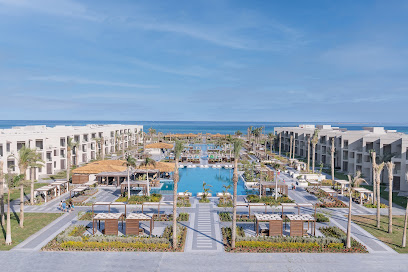
Shams Safaga Resort
Experience Red Sea bliss at Shams Safaga Resort: pristine beaches, vibrant coral reefs, and family-friendly fun in a tranquil setting.
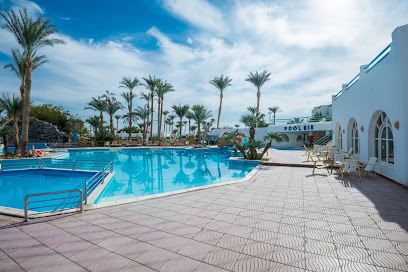
Lotus Bay Hotel
Experience Red Sea bliss at Lotus Bay Hotel in Safaga: pristine beaches, vibrant marine life, and tranquil relaxation await.

Menaville Resort
Experience Red Sea bliss at Menaville Resort: Pristine beaches, vibrant coral reefs, and luxurious amenities await in beautiful Safaga, Egypt.

Arrival Piazza
Experience the vibrant heart of Sahl Hasheesh at Arrival Piazza, a blend of culture, dining, and stunning Red Sea views.
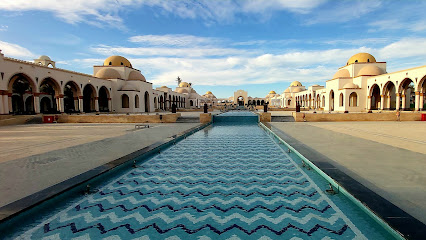
Sharm El Naga Beach
Discover Sharm El Naga Beach: A Red Sea paradise with vibrant coral reefs, diverse marine life, and tranquil shores perfect for snorkeling and relaxation.
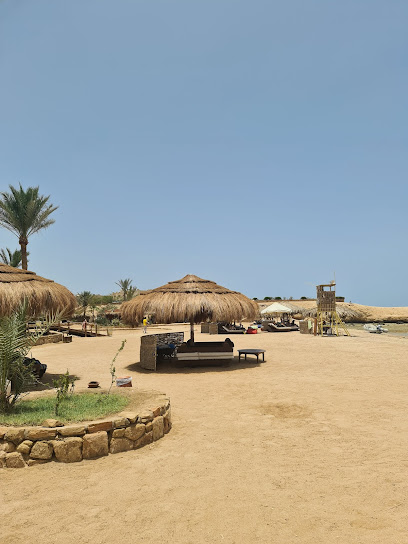
In the city of Safaga Beach
Escape to Safaga Beach: A tranquil Red Sea paradise with clear waters, golden sands, and stunning sunsets. Perfect for relaxation and water sports.
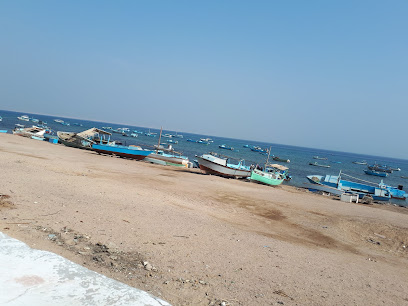
Ducks diving
Explore the Red Sea's depths with Ducks Diving in Safaga: Scuba diving for all levels, vibrant reefs, and unforgettable underwater adventures!
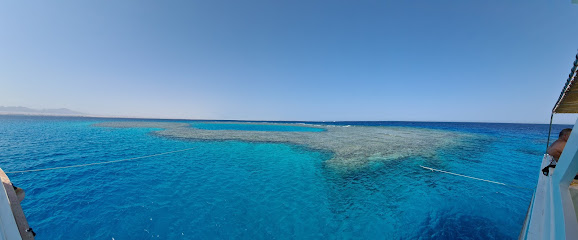
3 TURTLES DIVING CENTER
Discover vibrant coral reefs and marine life with Safaga's premier diving center. Courses for all levels, unforgettable Red Sea adventures.
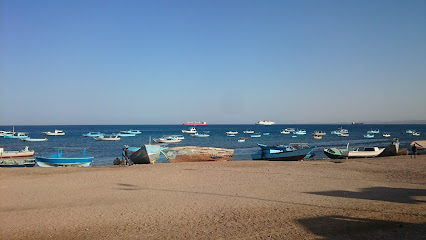
Orca Dive Clubs Safaga
Explore vibrant coral reefs and diverse marine life with expert guidance at Orca Dive Clubs Safaga, a Red Sea diving paradise.
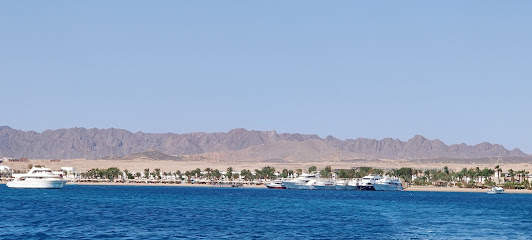
Fun Fly Diving Center Egypt
Explore the Red Sea's depths with Fun Fly Diving Center: Courses, dive trips, and unforgettable underwater adventures in Hurghada, Egypt.
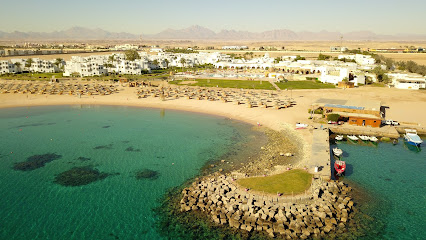
OrcaDiveClub
Explore vibrant coral reefs & wrecks with Orca Dive Club Coral Garden in Safaga. Your Red Sea diving adventure starts here!
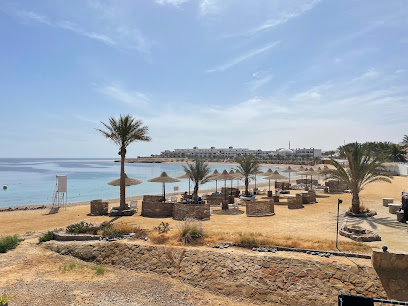
FRED LOMBARD PLONGEE
Explore the Red Sea's underwater wonders with Fred Lombard Plongée in Safaga, offering diving for all levels and a commitment to marine conservation.
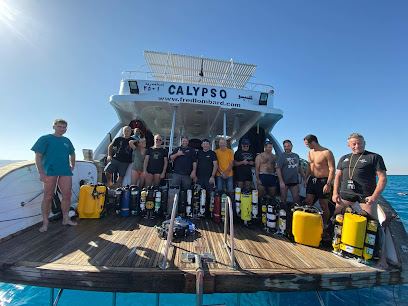
Unmissable attractions to see
The Jetty
Discover the tranquility of The Jetty in Safaga, where stunning views of the Red Sea meet opportunities for relaxation and adventure.
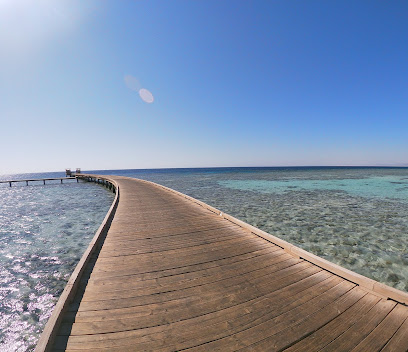
FL-TEAM Safaga
Explore FL-TEAM Safaga: A premier destination for snorkeling, diving, and relaxation on the breathtaking Red Sea coast.
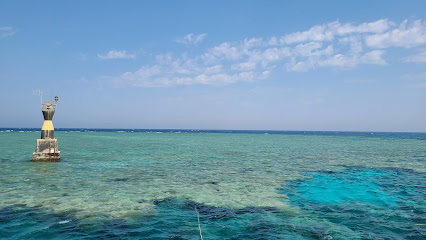
FRED LOMBARD PLONGEE
Discover the underwater wonders of the Red Sea at Fred Lombard Plongée, where adventure and marine beauty come together.
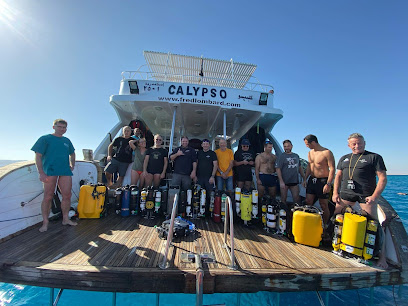
Cruise Pirs Safaga
Explore the vibrant atmosphere and stunning marine beauty at Cruise Pirs Safaga, your gateway to unforgettable Red Sea adventures.
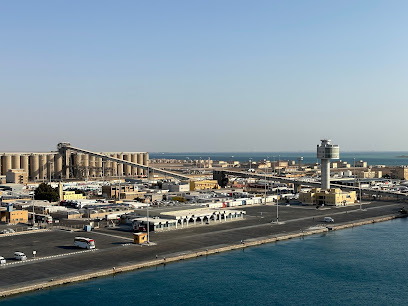
Lifeguard tower
Discover the Lifeguard Tower in Safaga, a stunning coastal landmark offering breathtaking views and a safe haven for beach lovers along the Red Sea.
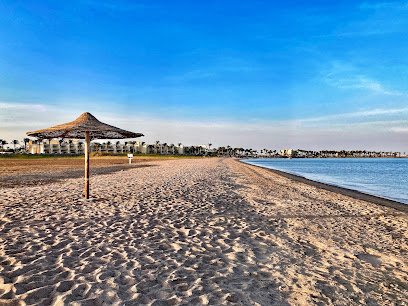
Turkish Fort
Discover the historical charm of Turkish Fort in Safaga, where Ottoman architecture meets breathtaking views of the Red Sea.

Calpso tourist boat
Discover the breathtaking beauty of the Red Sea at Calpso Tourist Boat, where adventure meets tranquility in Safaga, Egypt.
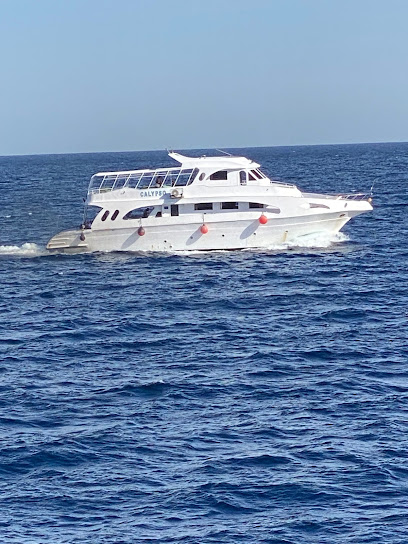
Shipwreck
Discover the breathtaking underwater world of Shipwreck in the Red Sea, a paradise for divers and nature lovers alike.

Sauberkeit
Discover the tranquil charm of Sauberkeit, a hidden tourist gem in Safaga, where the beauty of the Red Sea meets local culture.
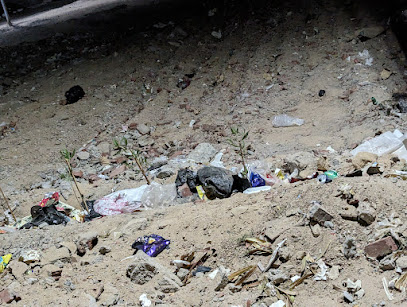
مركب البرنس سيف
Explore the untouched beauty of Marsa Alam, a paradise for marine life enthusiasts and adventure seekers on the stunning Red Sea coast.
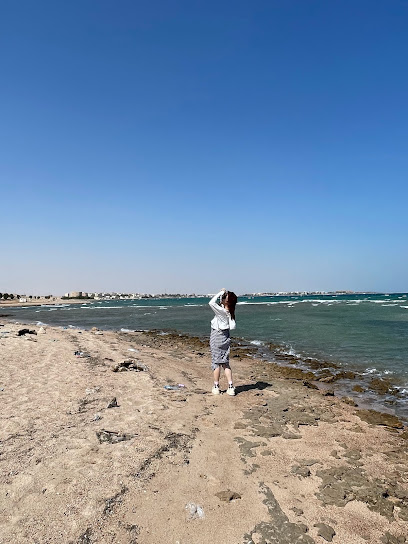
T oubia Hotel Restaurant & Beach
Experience the perfect blend of culinary delights and stunning beach views at Toubia Hotel Restaurant & Beach in Safaga.
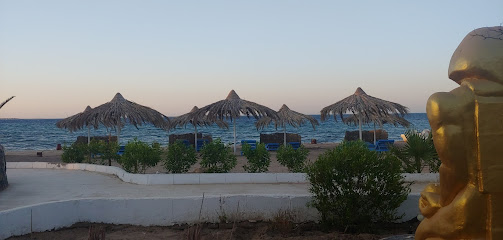
Hoppa
Explore the breathtaking beauty of Hoppa in Safaga, a perfect blend of adventure and relaxation by the stunning Red Sea coast.

Proshop somabay
Explore Proshop Somabay: A stunning tourist attraction in Safaga, Egypt, offering thrilling water sports and serene beach experiences for every traveler.

Mesca Beach
Discover Mesca Beach, a hidden gem on the Red Sea, where pristine sands and vibrant marine life await your exploration.
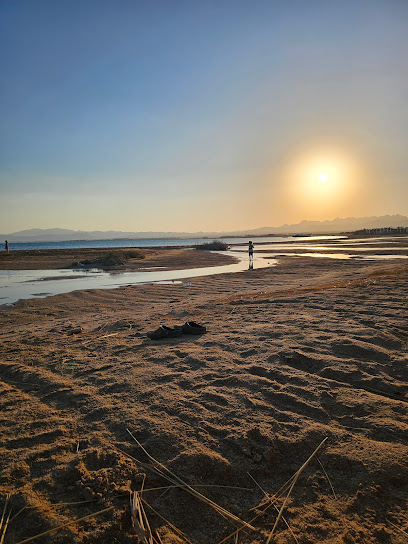
رمضان سليم
Discover the tranquility of Ramadan Saleem Park in Safaga, where nature and relaxation meet along the stunning Red Sea coast.

Essential places to dine
AL WARDANI RESTAURANT
Discover authentic Egyptian barbecue at Al Wardani Restaurant in Safaga - where flavors come alive!
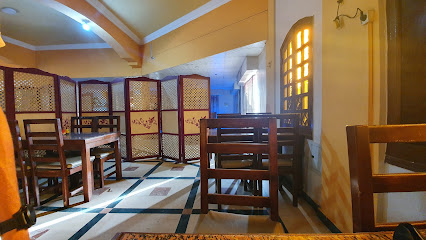
Ali Baba Restaurant
Discover exquisite fish & chips at Ali Baba Restaurant in Safaga - where fresh flavors meet breathtaking Red Sea views.
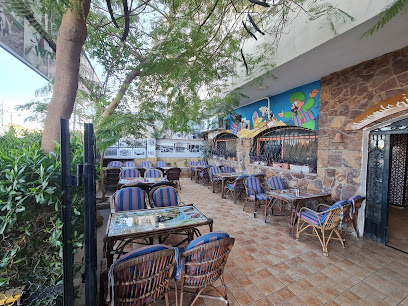
Pizza Shiekh Najdy
Experience authentic Italian pizza with a local twist at Pizza Shiekh Najdy in the stunning coastal town of Safaga.
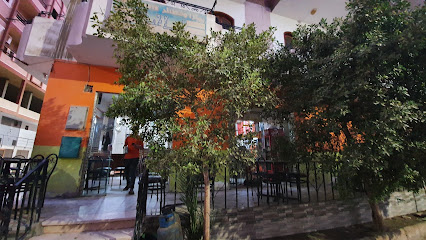
Koshary El Sheikh
Discover Koshary El Sheikh: A Culinary Gem Offering Authentic Egyptian Koshary in the Heart of Safaga.
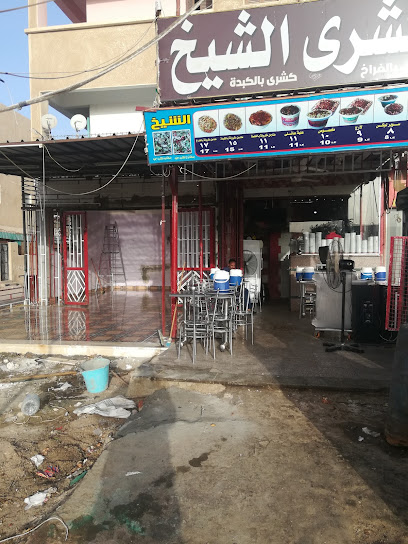
مطعم أسماك مرجانة
Experience the taste of the sea at مطعم أسماك مرجانة in Safaga - where fresh seafood meets warm hospitality.
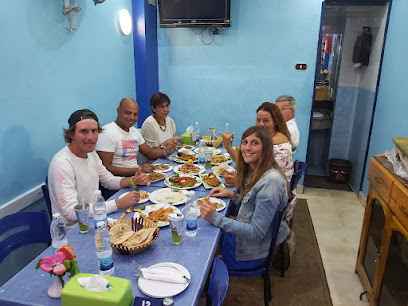
ابو الخير للمأكولات البحريهAbuo alkheir Restaurant
Discover fresh seafood delights at Abu Al-Kheir Restaurant in Safaga – where every bite tells a story of the Red Sea.
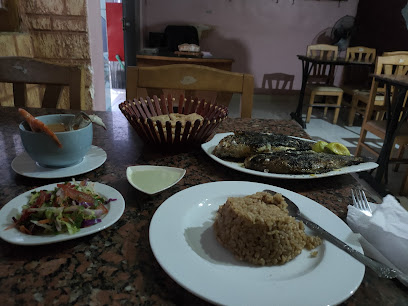
Maya
Experience exquisite seafood dining at Maya by the beautiful shores of the Red Sea in Safaga.
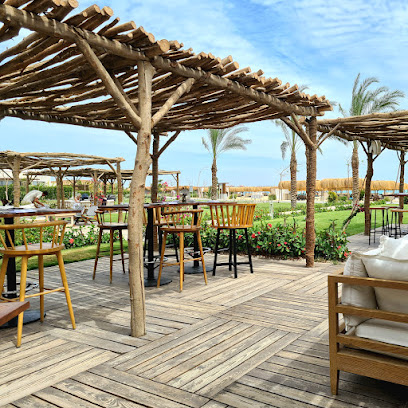
l'oasis De Safaga
Experience exquisite dining at L'Oasis De Safaga - where local flavors meet breathtaking views of the Red Sea.
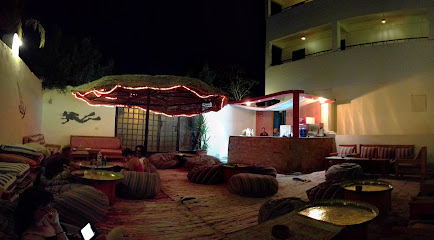
Rausha restaurant
Experience the freshest seafood delights at Rausha Restaurant in Safaga with stunning Red Sea views and authentic Egyptian flavors.
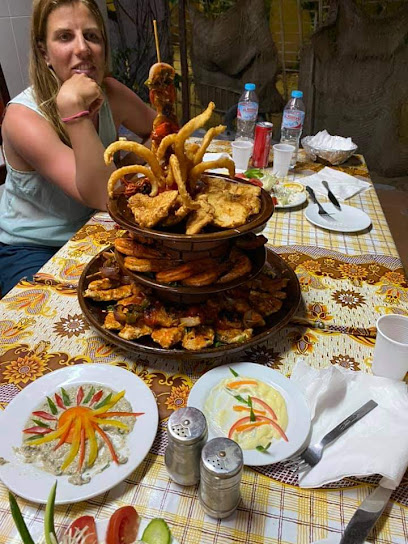
Arabesque
Discover authentic Arabian cuisine at Arabesque in Safaga – where every dish is a journey through rich flavors and warm hospitality.
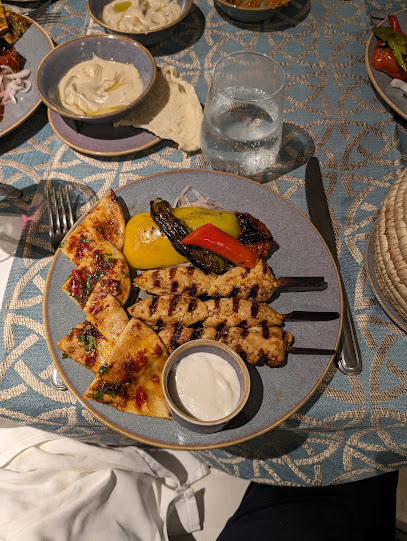
Alfresco Restaurant
Discover the authentic taste of Italy at Alfresco Restaurant in Safaga, where every pizza is made with love and fresh ingredients.
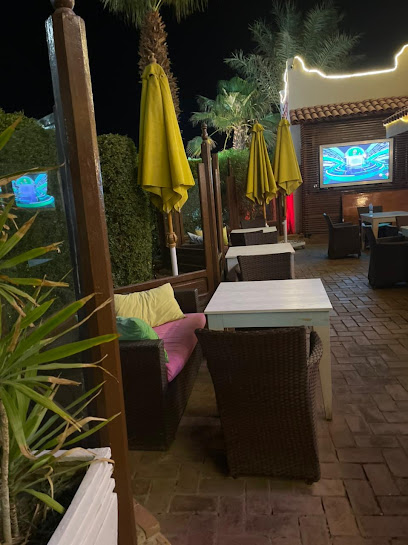
Diver House Restaurant
Discover culinary delights at Diver House Restaurant in Safaga—where fresh flavors meet warm hospitality by the Red Sea.
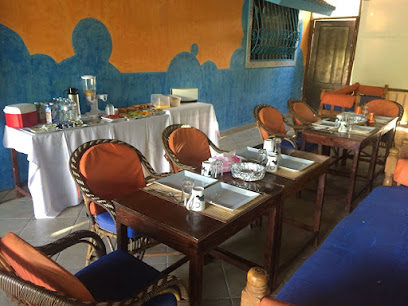
Keriakos Restaurant
Experience authentic Egyptian flavors at Keriakos Restaurant in Safaga – where tradition meets taste by the Red Sea.
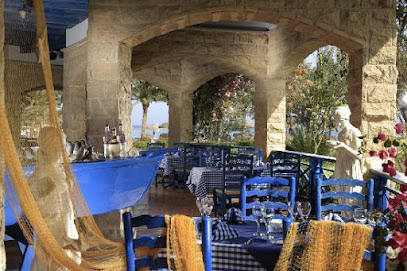
Foul & Falafel Toza
Experience authentic Egyptian street food at Foul & Falafel Toza in Safaga – where delicious flavors meet local culture.
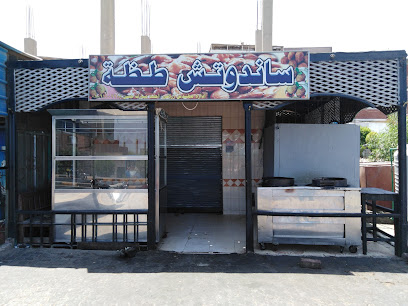
Felfela
Experience the best of fast food at Felfela in Safaga—where European flavors meet Egyptian culinary traditions.
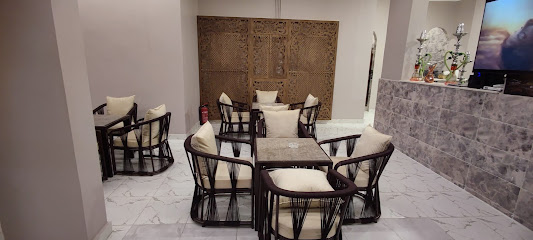
Markets, malls and hidden boutiques
Yosra Super Market
Discover the vibrant flavors of Egypt at Yosra Super Market, your one-stop shop for local groceries and unique souvenirs in Safaga.
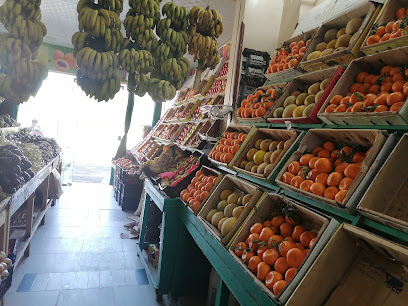
معرض القدس للديكورات الحديثة
Explore a vibrant paint store in Safaga, offering modern décor and creative inspiration for your home and projects.
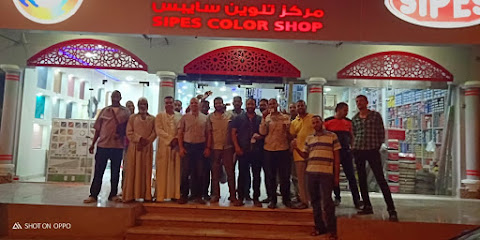
King Soliman & Amira - GEWÜRZE, TEE UND ÖLE
Discover the authentic taste of Egypt at King Soliman & Amira, your go-to grocery store for spices, teas, and oils in Safaga.
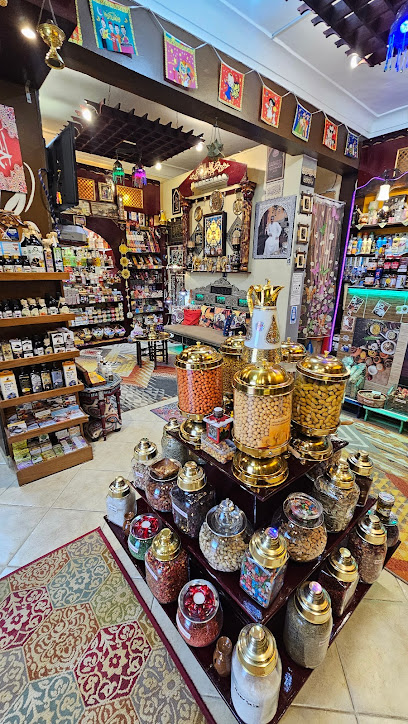
Raoul Bazaar
Explore Raoul Bazaar in Safaga for an enchanting selection of exquisite perfumes that embody the essence of Egypt in every bottle.
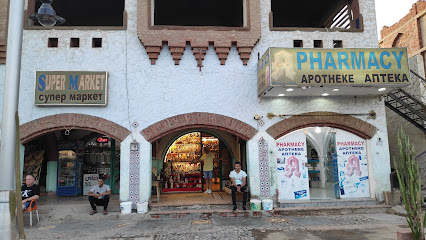
STAR Market & Souvenirs
Explore unique souvenirs and local treasures at STAR Market & Souvenirs in Safaga, your gateway to authentic Egyptian culture.
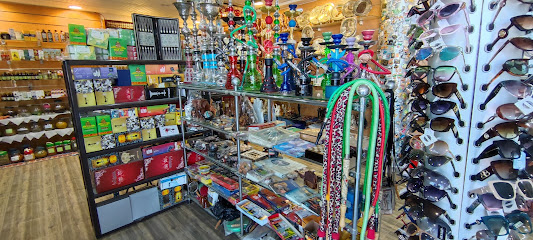
Wafy Perfume & Artafrican
Explore unique handcrafted perfumes and authentic African art at Wafy Perfume & Artafrican, a treasure trove for souvenirs in Safaga.
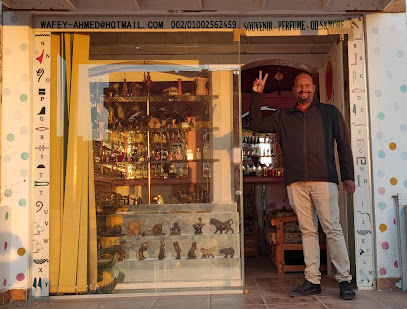
Brothers Computer
Explore the best in electronics and machine construction at Brothers Computer, Safaga's premier tech destination for travelers.
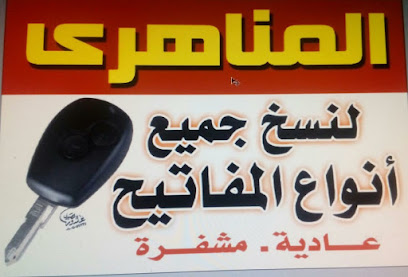
بابا المجال
Explore the charm of بابا المجال in Safaga, where unique gifts and local crafts await every traveler seeking a piece of Egyptian culture.
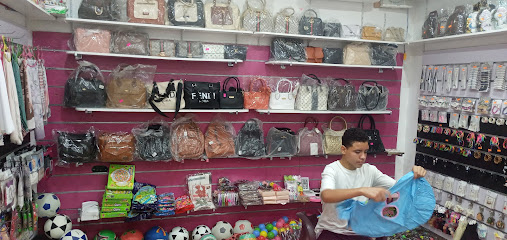
ابو النمرس للادوات المنزليه
Explore Abu Al-Nemras for a unique selection of kitchen supplies in Safaga, blending quality, variety, and local charm for every cooking enthusiast.
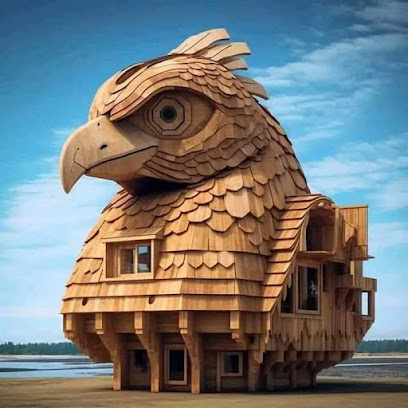
GIRLY for women جيرلي للمرأة العصرية
Explore the latest trends and unique styles at GIRLY, the ultimate women's clothing store in Safaga, Red Sea Governorate.
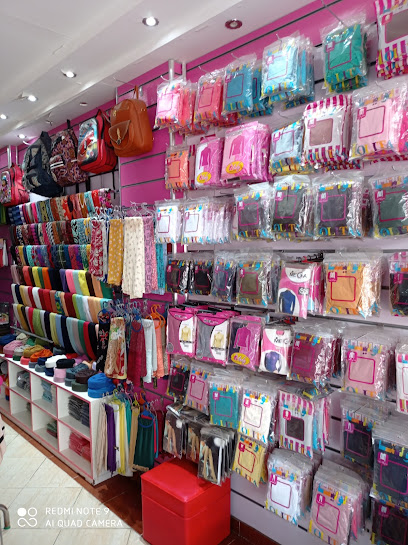
عطارة الصالحين،Elsalheen Spice shop
Explore the aromatic wonders of Elsalheen Spice Shop in Safaga, your gateway to authentic Egyptian spices and local delicacies.
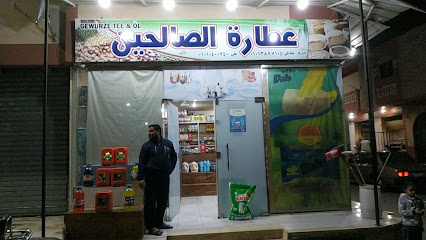
HORUS 1 BAZAR
Experience the vibrant local fashion scene at Horus 1 Bazar in Red Sea Governorate, where unique clothing and cultural treasures await every visitor.
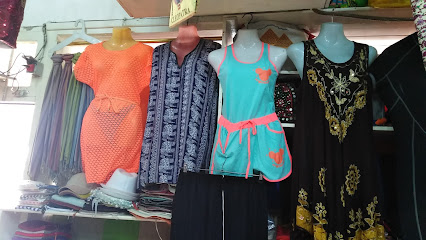
Simple For Accessories
Discover unique fashion accessories at Simple For Accessories, a charming store in Safaga, perfect for adding a touch of local flair to your style.
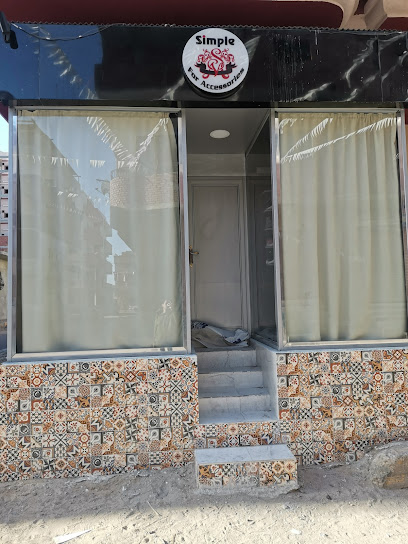
Sphinx bazar 2
Explore the Sphinx Bazaar in Safaga for unique gifts and authentic Egyptian souvenirs that capture the essence of your travels.
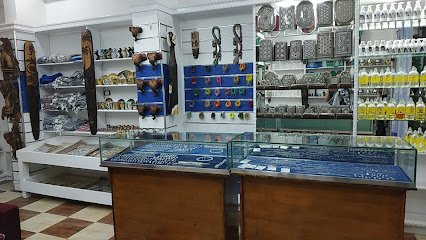
Molhem`s Baazaar
Explore the unique treasures of Molhem's Bazaar in Safaga, where local craftsmanship meets Egyptian culture, perfect for memorable gifts and souvenirs.
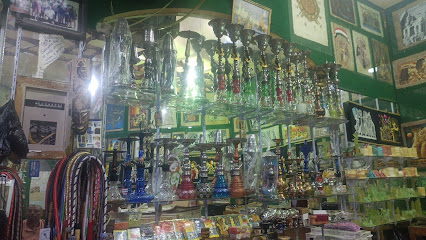
Essential bars & hidden hideouts
Dive Under Pub
Experience the vibrant atmosphere and refreshing drinks at Dive Under Pub in Safaga, your perfect spot for relaxation and entertainment.
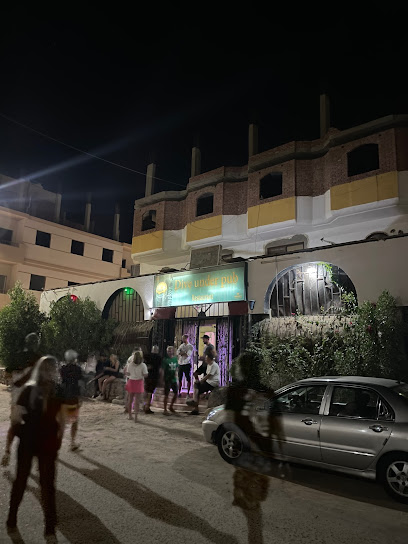
Sol Y Mar’s Beach Bar
Experience the vibrant atmosphere and breathtaking views at Sol Y Mar’s Beach Bar in Safaga, a perfect retreat for relaxation and refreshment.
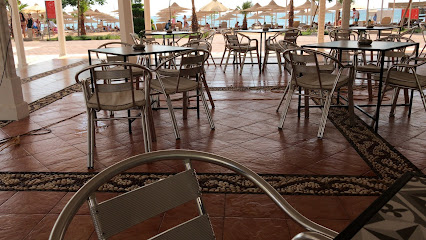
Beach Bar - Menaville Resort
Experience the vibrant atmosphere at Beach Bar - Menaville Resort, where refreshing drinks meet breathtaking views of the Red Sea sunsets.
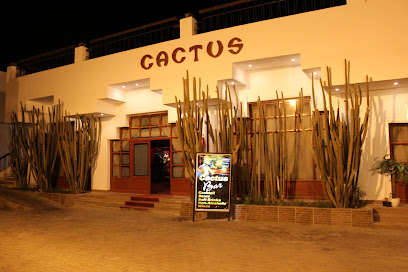
Cactus bob
Discover the vibrant atmosphere of Cactus Bob, Safaga's premier cocktail bar, offering expertly crafted drinks and unforgettable experiences by the Red Sea.
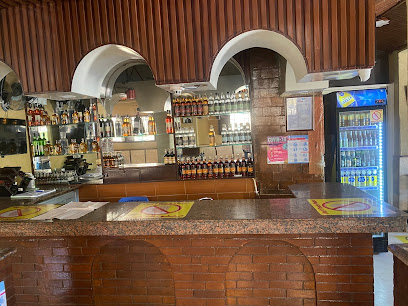
Atrium Bar
Discover the elegance of the Atrium Bar at Sentido Palm Royale Soma Bay, offering exquisite cocktails and a vibrant atmosphere for an unforgettable evening.
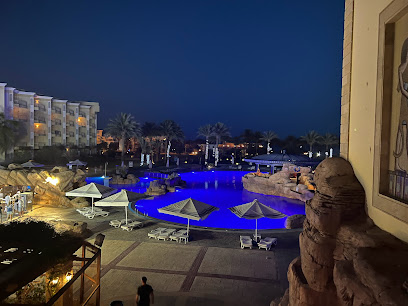
Soma Bar
Discover Soma Bar in Soma Bay, where vibrant cocktails meet serene ocean views for the ultimate relaxation experience.
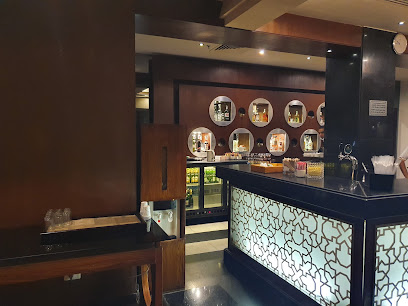
Strand Bar
Experience the vibrant atmosphere of Strand Bar at Lotus Bay Beach Resort, where stunning sea views meet refreshing cocktails in Safaga, Egypt.
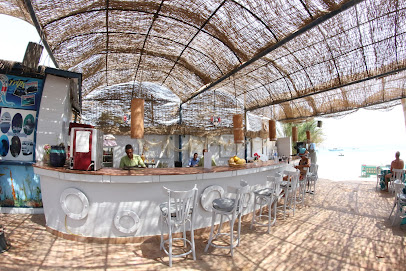
Johnny's Bar
Experience the vibrant nightlife at Johnny's Bar, a perfect blend of relaxation and entertainment with stunning views of the Red Sea.
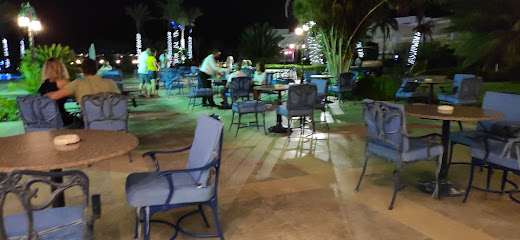
BAR on the beach
Discover the ultimate beachside retreat at BAR on the Beach in Safaga, where relaxation meets stunning views and refreshing drinks.
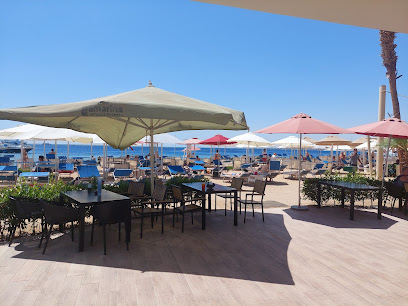
Andalus
Discover the vibrant atmosphere of Andalus in Safaga, a perfect bar for relaxation and socializing with refreshing drinks and lively entertainment.
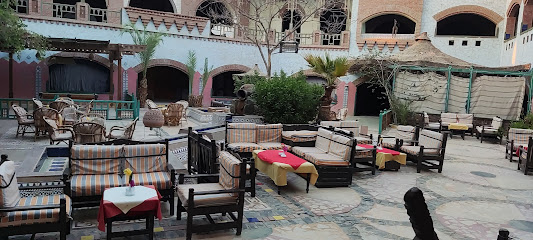
Scheherazade
Discover the vibrant nightlife at Scheherazade, a premier bar in Safaga with stunning views and an extensive drink menu.
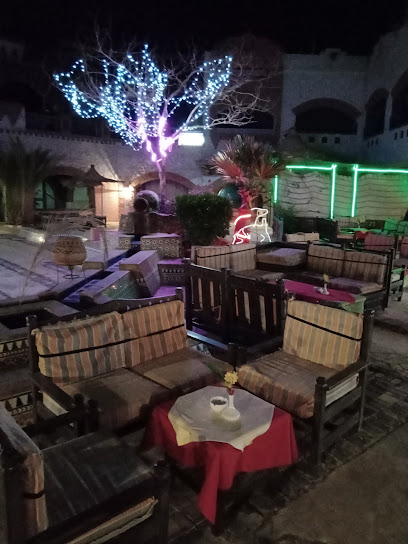
Lounge Bar
Discover the vibrant atmosphere and refreshing drinks at Lounge Bar in Safaga, your perfect spot for relaxation by the Red Sea.
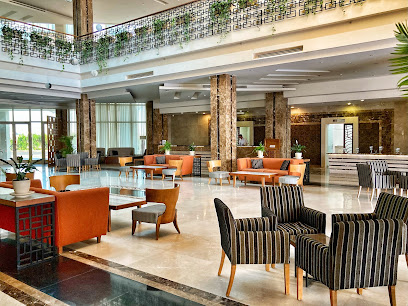
Pool Bar
Discover the serene Pool Bar at Lotus Bay Beach Resort, where relaxation meets breathtaking views of the Red Sea and exceptional service.
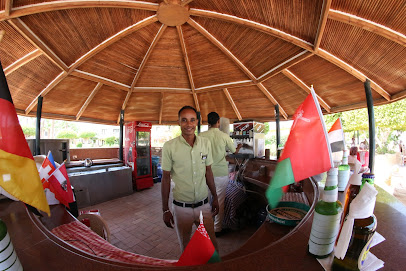
JUICES BAR
JUICES BAR at Lotus Bay Beach Resort: A refreshing retreat with vibrant juices and smoothies, perfect for cooling down in the Red Sea sun.
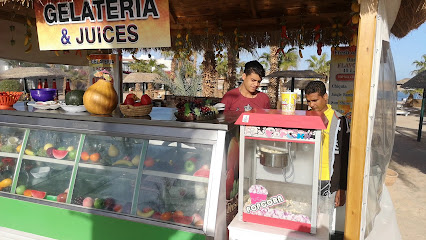
Local Phrases about Safaga
-
- Helloمرحبا
[marhaba] - Goodbyeوداعا
[wadaa'an] - Yesنعم
[naam] - Noلا
[la] - Please/You're welcomeمن فضلك
[min fadlik] - Thank youشكرا
[shukran] - Excuse me/Sorryعذرا
[aadhara] - How are you?كيف حالك؟
[kayf halak?] - Fine. And you?بخير. وأنت؟
[bi-khayr. wa-ant?] - Do you speak English?هل تتكلم الإنجليزية؟
[hal tatakallam al-ingliziya?] - I don't understandلا أفهم
[la afham]
- Helloمرحبا
-
- I'd like to see the menu, pleaseأود أن أرى القائمة، من فضلك
[awad an ara al-qaima, min fadlik] - I don't eat meatأنا لا آكل لحما
[ana la aakol lahma] - Cheers!في صحتك
[fi sahtak] - I would like to pay, pleaseأود أن أدفع، من فضلك
[awad an adfaa, min fadlik]
- I'd like to see the menu, pleaseأود أن أرى القائمة، من فضلك
-
- Help!النجدة!
[al-najda!] - Go away!انصرف!
[ansarf!] - Call the Police!اتصل بالشرطة!
[itassal bialshurta!] - Call a doctor!اتصل بالطبيب!
[itassal bialtabib!] - I'm lostلقد ضللت الطريق
[laqad dalalt al-tariq] - I'm illأنا مريض
[ana mareed]
- Help!النجدة!
-
- I'd like to buy...أود أن أشتري...
[awad an ashtari...] - I'm just lookingأنا فقط أتطلع
[ana faqat attala] - How much is it?بكم؟
[bi-kam?] - That's too expensiveهذا غالي جدا
[hatha ghali jiddan] - Can you lower the price?هل يمكنك خفض السعر؟
[hal yumkinuk khaafid al-sa'ar?]
- I'd like to buy...أود أن أشتري...
-
- What time is it?كم الساعة؟
[kam al-sa'ah?] - It's one o'clockالساعة الواحدة
[al-sa'ah al-wahida] - Half past (10)العاشرة والنصف
[al-'ashirah wal-nisf] - Morningصباح
[sabah] - Afternoonبعد الظهر
[ba'd al-thuhr] - Eveningمساء
[masa] - Yesterdayأمس
[ams] - Todayاليوم
[al-yawm] - Tomorrowغدا
[ghadan] - 1واحد
[wahid] - 2اثنان
[ithnan] - 3ثلاثة
[thalatha] - 4أربعة
[arba'a] - 5خمسة
[khamsa] - 6ستة
[sitta] - 7سبعة
[sab'a] - 8ثمانية
[thamania] - 9تسعة
[tasia] - 10عشرة
[ashara]
- What time is it?كم الساعة؟
-
- Where's a/the...?أين ...؟
[ayn ...?] - What's the address?ما هو العنوان؟
[ma huwa al-eanan?] - Can you show me (on the map)?هل يمكنك أن تريني (على الخريطة)؟
[hal yumkinuk an tarini (ala al-kharita)?] - When's the next (bus)?متى يأتي الحافلة القادمة؟
[mata yaati al-hafilat al-qadima?] - A ticket (to ....)تذكرة (إلى ...)
[tazkirat (ila ...)]
- Where's a/the...?أين ...؟
History of Safaga
-
Safaga, known in ancient times as Myos Hormos, served as a crucial port during the Ptolemaic and Roman periods. It was a key maritime link between Egypt and the Red Sea, facilitating trade with India and the Arabian Peninsula. Archaeological findings, including pottery and inscriptions, highlight its significance in ancient maritime commerce.
-
During the medieval period, Safaga was an important stop on the pilgrimage route to Mecca. The town provided essential services and supplies to pilgrims traveling by sea. The port also played a role in the spice trade, connecting the Mediterranean with the Arabian Peninsula and India.
-
Under Ottoman rule, Safaga continued to be a vital port. The Ottomans fortified the area to protect it from potential threats and to control the Red Sea trade routes. The remains of these fortifications offer a glimpse into the military strategies of the time.
-
In the 20th century, Safaga transformed from a small port town into a thriving tourist destination. The discovery of its pristine coral reefs and clear waters attracted divers and snorkelers. Modern infrastructure developments, including hotels and resorts, have made Safaga a popular spot for both leisure and adventure tourism.
-
Safaga is also known for its phosphate mining industry. The town's proximity to rich phosphate deposits has made it an important center for mining and export. The industry has significantly contributed to the local economy and provided employment opportunities for residents.
Safaga Essentials
-
Safaga is accessible via Hurghada International Airport, located around 60 kilometers to the north. From the airport, you can take a taxi or arrange a private transfer to Safaga, which typically takes about an hour. There are also bus services available from major cities like Cairo and Luxor to Safaga. The journey by bus from Cairo takes around 6 to 7 hours.
-
Within Safaga, transportation options include taxis, minibuses, and rental cars. Taxis are the most convenient for short distances, while minibuses are a more budget-friendly option. If you plan to explore the surrounding areas, renting a car offers greater flexibility. Be sure to negotiate taxi fares in advance, as meters are not always used.
-
The official currency in Egypt is the Egyptian Pound (EGP). Credit cards are accepted in most hotels, restaurants, and larger shops, but it is advisable to carry cash for smaller establishments and markets. ATMs are available in Safaga, but it's a good idea to withdraw sufficient cash for your needs before heading to more remote areas.
-
Safaga is generally safe for tourists, but standard precautions should be taken. Avoid walking alone at night in unfamiliar areas and keep an eye on your belongings in crowded places. While Safaga does not have specific high-crime areas targeting tourists, it is always best to stay vigilant. Be cautious in areas with limited lighting and avoid carrying large amounts of cash.
-
In case of emergency, dial 122 for police assistance, 123 for medical emergencies, and 180 for fire services. The local hospital in Safaga can handle most medical issues, but for more serious conditions, you may need to be transferred to a larger facility in Hurghada. Ensure you have travel insurance that covers medical emergencies. Pharmacies are available for minor health concerns.
-
Fashion: Do dress modestly, especially when visiting religious sites. Avoid wearing revealing clothing. Religion: Do respect local customs and traditions. Remove your shoes and cover your head when entering mosques. Public Transport: Do be respectful and give up your seat to elderly passengers. Don’t eat or drink on public transport. Greetings: Do greet people with a polite 'Salam' (peace). A handshake is appropriate for men, but wait for a woman to extend her hand first. Eating & Drinking: Do try local delicacies and accept food offerings graciously. Don’t refuse hospitality, as it is considered impolite.
-
To experience Safaga like a local, visit the local markets and try fresh seafood, a specialty of the area. Engage with locals, who are often friendly and eager to share their culture and stories. Don't miss the chance to explore the nearby Red Sea for diving and snorkeling, as the area is renowned for its vibrant marine life. For a unique experience, take a trip to the Eastern Desert and explore the ancient quarries and wadis.
Trending Landmarks in Safaga
-
Amarina Abu Soma Resort & Aquapark
-
TUI MAGIC LIFE Kalawy
-
Steigenberger Resort Ras Soma
-
Shams Safaga Resort
-
Lotus Bay Hotel
-
Menaville Resort
-
Arrival Piazza
-
Sharm El Naga Beach
-
In the city of Safaga Beach
-
Ducks diving
-
3 TURTLES DIVING CENTER
-
Orca Dive Clubs Safaga
-
Fun Fly Diving Center Egypt
-
OrcaDiveClub
-
FRED LOMBARD PLONGEE
Nearby Cities to Safaga
-
Things To Do in El Gouna
-
Things To Do in Sharm El Sheikh
-
Things To Do in Luxor
-
Things To Do in Dahab
-
Things To Do in Marsa Alam
-
Things To Do in Sohag
-
Things To Do in Asyut
-
Things To Do in Aswan
-
Things To Do in Tabuk
-
Things To Do in Aqaba
-
Things To Do in Eilat
-
Things To Do in Wadi Rum
-
Things To Do in Minya
-
Things To Do in Beni Suef
-
Things To Do in Suez








